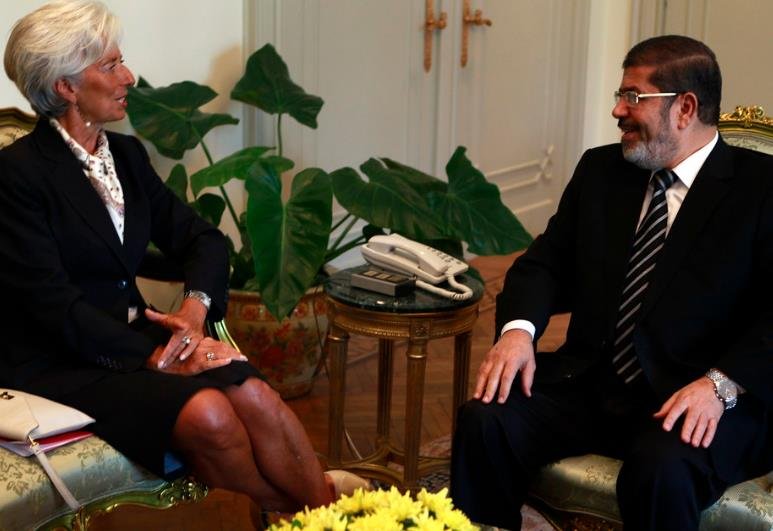Egypt has successfully received the third tranche of its loan from the International Monetary Fund (IMF), amounting to $820 million. This disbursement follows the completion of the third review under the Extended Fund Facility (EFF) arrangement, which aims to support Egypt’s economic reform program. The IMF’s approval of this tranche underscores the progress Egypt has made in restoring macroeconomic stability and implementing structural reforms. The funds will be used to bolster the country’s foreign reserves, support fiscal consolidation, and promote sustainable economic growth.
The IMF’s decision to release the third tranche of the loan is a testament to Egypt’s commitment to economic reforms. The country has made significant strides in addressing macroeconomic imbalances, with inflationary pressures gradually abating and foreign exchange shortages being eliminated. The implementation of a flexible exchange rate regime has been a cornerstone of Egypt’s reform program, helping to stabilize the economy and attract foreign investment.

Egypt’s fiscal consolidation efforts have also yielded positive results. The government has focused on strengthening revenue mobilization and containing fiscal risks, particularly in the energy sector. These measures have created fiscal space to expand social programs and invest in critical infrastructure projects. The IMF has praised Egypt’s progress in meeting its fiscal targets, which has contributed to improved investor confidence and private sector sentiment.
Despite these achievements, the IMF has emphasized the need for continued implementation of structural reforms. Accelerating the divestment program, streamlining business regulations, and enhancing trade facilitation practices are essential to fostering private sector growth and creating a more competitive business environment. The IMF’s support will be crucial in helping Egypt navigate these challenges and achieve its long-term economic goals.
Addressing Domestic and Regional Challenges
Egypt’s economic reform program has been implemented against a backdrop of complex domestic and regional challenges. The conflict in Gaza and Israel, as well as tensions in the Red Sea, have created a difficult regional environment. Domestically, the government faces the challenge of balancing fiscal consolidation with the need to support vulnerable groups and invest in human capital.
The IMF has called for a data-driven approach by the Central Bank of Egypt to lower inflation and manage inflation expectations. Tight monetary conditions are necessary in the short term to reduce inflationary pressures and maintain macroeconomic stability. The IMF has also highlighted the importance of maintaining a flexible exchange rate regime to avoid the buildup of external imbalances.
To ensure that resources are available to meet vital spending needs, the government must continue to strengthen domestic revenue mobilization and contain fiscal risks. This will help generate fiscal space to expand social spending in support of vulnerable groups, including investments in health and education. The IMF’s support will be instrumental in helping Egypt address these challenges and achieve sustainable economic growth.
Future Outlook and Strategic Priorities
Looking ahead, Egypt’s economic outlook remains positive, with the IMF’s support providing a strong foundation for continued progress. The government’s commitment to fiscal discipline, tight monetary policy, and structural reforms will be key to achieving its economic objectives. The IMF has emphasized the need for additional efforts to focus on growth-friendly revenue mobilization and enhancing domestic debt management.
The acceleration of structural reforms will be critical to raising private sector-led growth and improving the business environment. Measures to remove binding constraints to private sector activity and level the playing field vis-à-vis state entities will be essential to fostering a more dynamic and competitive economy. The IMF’s support will help Egypt implement these reforms and achieve its long-term economic goals.
In conclusion, the receipt of the third tranche of the IMF loan marks a significant milestone in Egypt’s economic reform program. The funds will support the country’s efforts to restore macroeconomic stability, promote sustainable growth, and address domestic and regional challenges. With the IMF’s continued support, Egypt is well-positioned to achieve its economic objectives and build a more prosperous future.
